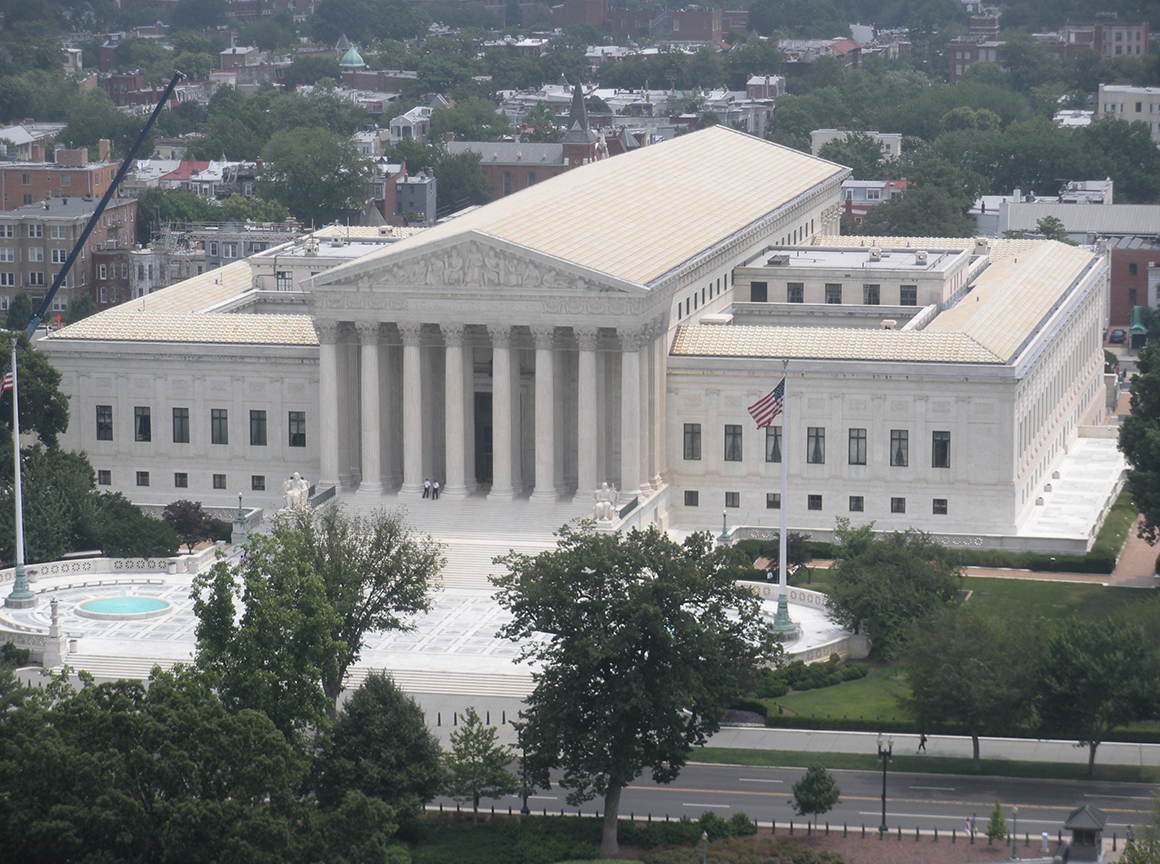Ashcroft Can Be Held Accountable For Post-9/11 Wrongful Detention, Court Rules
Government Cannot Use Material Witness Statute To Unlawfully Detain People
FOR IMMEDIATE RELEASE
CONTACT: (212) 549-2666; media@aclu.org
SEATTLE – In an unprecedented ruling that places responsibility squarely on government officials who after 9/11 championed policies clearly outside the boundaries of the law, a federal appellate court ruled today that former Attorney General John Ashcroft can be held personally responsible for the wrongful detention of an innocent American, Abdullah al-Kidd. The U.S. Court of Appeals for the Ninth Circuit also ruled that the federal material witness law cannot be used to "preventively" detain or investigate suspects. The American Civil Liberties Union represents al-Kidd in the case, al-Kidd v. Ashcroft.
"The court made it very clear today that former Attorney General Ashcroft's use of the federal material witness law circumvented the Constitution," said ACLU Immigrants' Rights Project Deputy Director Lee Gelernt, who argued the appeal. "Regardless of your rank or title, you can't escape liability if you personally created and oversaw a policy that deliberately violates the law."
Prior to 9/11, the federal material witness law was used sparingly – especially with U.S. citizens – to ensure that witnesses would be available to testify in criminal cases. Arrests, under the statute, took place in rare cases to secure testimony where there was hard evidence that an individual had material information but would not testify voluntarily. After 9/11, Ashcroft distorted the law into a so-called "preventive" detention statute, allowing the government to arrest and detain individuals for whom the government lacked probable cause to charge with criminal violations.
Today's ruling comes after a U.S. district court in 2006 found that the material witness law may only be used when an individual is genuinely sought as a witness and where there is a real risk of flight. The district court also ruled that the law does not allow an end-run around the constitutional requirements for arresting someone suspected of a crime. Former Attorney General John Ashcroft appealed the ruling and asked for complete immunity from liability.
Writing for the majority in today's decision, Judge Milan D. Smith, Jr., wrote, "Framers of our Constitution would have disapproved of the arrest, detention, and harsh confinement of a United States citizen as a ‘material witness' under the circumstances, and for the immediate purpose alleged, in al-Kidd's complaint. Sadly, however, even now, more than 217 years after the ratification of the Fourth Amendment to the Constitution, some confidently assert that the government has the power to arrest and detain or restrict American citizens for months on end, in sometimes primitive conditions, not because there is evidence that they have committed a crime, but merely because the government wishes to investigate them for possible wrongdoing, or to prevent them from having contact with others in the outside world. We find this to be repugnant to the Constitution, and a painful reminder of some of the most ignominious chapters of our national history."
Al-Kidd, a U.S.-born American citizen, was on his way to Saudi Arabia to study when he was unlawfully detained and arrested in Washington's Dulles Airport on March 16, 2003 as a material witness in the trial of Sami Omar Al-Hussayen. For 16 days, al-Kidd was held in heightened-security units of various jails and shackled whenever moved. He was eventually released under onerous conditions that included confining his travel to four states, surrendering his passport and reporting to probation officers. Al-Kidd was held for more than 13 months under these conditions without ever being charged with any crime or asked to testify.
At the time of his arrest, al-Kidd had already shown that he was not a flight risk and would cooperate as a witness. He had voluntarily met with the FBI repeatedly, never missing a scheduled appointment. For six months prior to his arrest, al- Kidd had not been contacted by the FBI, and he had never been told that he was prohibited from traveling abroad to pursue his studies.
The ACLU lawsuit names former Attorney General John Ashcroft, the United States and several federal agents. Local, state and federal officials in Virginia, Oklahoma and Idaho already settled claims against them.
Organizations and individuals who have submitted friend-of-the-court briefs in the case include former federal prosecutors, former presidents of the American Bar Association, the National Association of Criminal Defense Lawyers and Human Rights Watch.
Attorneys on the case are Gelernt, Lucas Guttentag and Farrin Anello from the ACLU Immigrants' Rights Project; Cynthia Woolley of the Law Offices of Cynthia J. Woolley, PLLC; R. Keith Roark of the Roark Law Firm, LLP; and Michael J. Wishnie of Yale Law School, who is cooperating counsel for the ACLU.
The court's ruling is available online at: www.aclu.org/safefree/detention/40926lgl20090904.html
More information about the case, including the ACLU's complaint and other legal documents, is online at: www.aclu.org/safefree/detention/40511res20051118.html
Witness to Abuse, the 2005 report on the misuse of the material witness statute, is online at: www.aclu.org/safefree/detention/17616prs20050627.html


